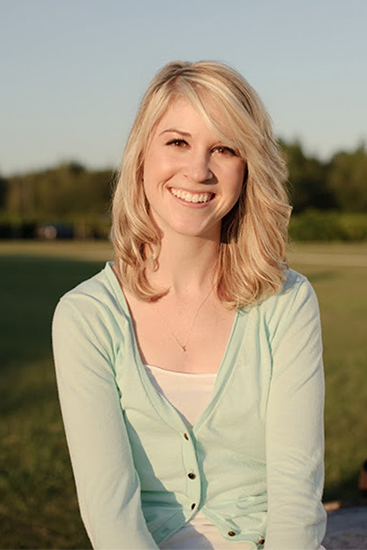
Degree/Year: B.S. in biochemistry, 2011
Hometown: Nashville, Tennessee
Current: Lead Teacher, Liberty Collegiate Academy, and doctoral student at Vanderbilt University
Bonus Fact: Danielle’s husband, Stephen, also is a 2011 Samford graduate and a doctoral student at Vanderbilt.
What Samford faculty or staff member had the most influence on you and why? (Chemistry professor) Brian Gregory gave me opportunities beyond the classroom and showed me the possibilities of research as a career. He saw potential in me and pushed me to think critically, get out of my comfort zone and pursue my ideas. His encouragement and mentorship led me to pursue multiple research opportunities, including one in an industry, and discover what I was personally interested in as a scientist.
What would you say is the key to success in today’s world?
As I always tell my students, work hard and be humble. I have found that giving one’s best, regardless of how insignificant a task may seem, goes a long way and speaks to one’s character. At the same time, I believe we must appreciate and acknowledge those who have paved the way before us. As a female engineering student, I appreciate the women who made it possible for me to join this discipline that is still largely male-dominated. Humility allows us to listen and learn from those who have more expertise or different perspectives.
What is the most beneficial advice you received while a Samford student?
(English professor) Rod Davis used to ask our class, “Did you ask a good question today?” These moments in class inspired me to push myself to be innovative. I have asked this question of my students and myself for the past five years, and it always brings new inspiration.
What is a favorite Samford memory?
I met my now husband in the quantitative analysis chemistry lab. After my biochemistry final my senior year, I noticed a sign that said there was a chemistry club meeting. When I walked in the lab, he had transformed it with journal entries we had written and memories we had shared at Samford. Then, he got down on one knee and proposed in the lab. One could say there was a lot of “chemistry” between us.
Why did you do Teach for America (TFA) and how has that experience affected your approach to education?
I joined TFA because every person, regardless of race or gender or socioeconomic status, deserves the opportunity to receive an excellent education. I have seen firsthand that when expectations are raised for all students, they rise to the occasion and meet them. I have learned that my greatest success as an educator came from partnering with community members, parents, and veteran educators and knowing each student on a personal level. These partnerships created a support system for my students that expanded far beyond the four walls of my classroom – my students were being held accountable academically at home, in church, in their sports teams, extracurricular activities, etc. This level of involvement resulted in great investment from my students.
How do you encourage students to enjoy and learn from science?
Now that I am earning a Ph.D. in materials science, I have a unique opportunity to expose students, especially girls, to the variety of applications engineering has to offer. Science is meant to be an interactive, hands-on endeavor, and I find that when students engage in science themselves, they not only enjoy it more, but also learn more, too. Whenever I enter a classroom, my goal is to instill a sense of wonder in all students and transform them into scientists. Curiosity is at the root of discovery. Who is more curious than a child?
